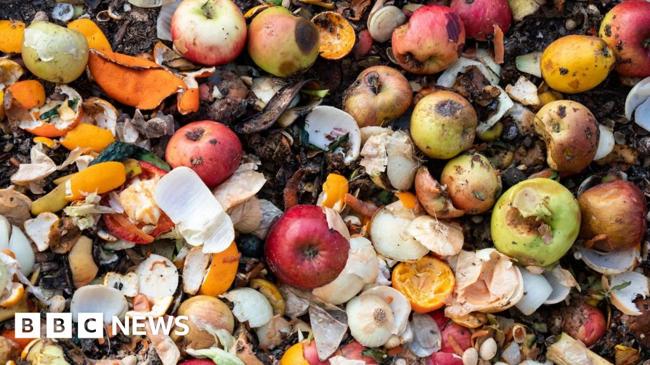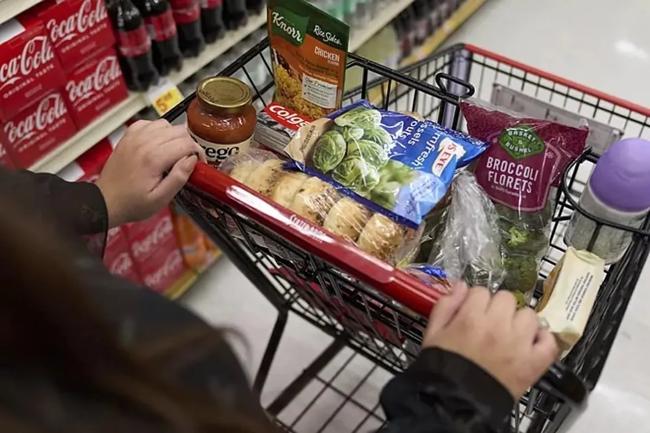Summary
All councils will be required by law to have a weekly food waste collection service in place by next March. Herefordshire Council said it was still waiting for an announcement of government funding but was putting plans in place “to prepare for a smooth introduction of the service when funding does become available”.
Source: BBC

AI News Q&A (Free Content)
Q1: What is the current status of food waste collection services in the UK, and what plans are in place to improve them?
A1: In the UK, food waste collection has been a focus of environmental and socioeconomic concern, with government initiatives like the 'Love Food, Hate Waste' campaign launched in 2007. As of 2022, domestic households produced 6.4 million tonnes of food waste, primarily from avoidable sources. The UK government has set targets to reduce food waste to meet international climate obligations. Herefordshire Council is preparing to introduce a weekly food waste collection service, contingent on government funding, to address these needs.
Q2: How does food waste contribute to climate change, and what measures are being taken to mitigate this impact?
A2: Food waste significantly impacts climate change, contributing to 3.3 billion tons of CO2 emissions annually. This is due to food being discarded at various stages of production and consumption. The UK government, in efforts to combat this, has funded programs like WRAP and introduced measures to reduce waste through better packaging and recycling initiatives. Internationally, food waste reduction is seen as vital in addressing global food security and environmental challenges.
Q3: What are the health implications of improper food waste management, and how can they be addressed?
A3: Improper management of food waste can lead to health risks including pest infestations and the spread of diseases. Public awareness campaigns and the implementation of structured waste collection services can alleviate these issues. Herefordshire Council's plan for a weekly food waste collection service aims to mitigate these health risks by ensuring waste is managed efficiently, reducing potential hazards.
Q4: What are some of the challenges associated with implementing food waste collection services in urban areas?
A4: Implementing food waste collection services in urban areas faces challenges such as logistical constraints, funding shortages, and public participation. Urban areas require well-organized systems to handle waste efficiently, which involves investment in infrastructure and community engagement to ensure compliance. Herefordshire Council is addressing these challenges by planning a smooth introduction of services pending government funding.
Q5: What role do government policies play in reducing food waste in the UK?
A5: Government policies play a crucial role in reducing food waste by setting targets, funding initiatives, and implementing regulatory measures. The UK government has launched campaigns and programs such as WRAP to promote waste reduction and recycling. Policy measures like scrapping 'best before' labels and improving packaging sizes are part of efforts to reduce waste and meet climate goals.
Q6: How does the 'Love Food, Hate Waste' campaign contribute to waste reduction in the UK?
A6: The 'Love Food, Hate Waste' campaign has significantly contributed to waste reduction by raising public awareness and encouraging households to minimize waste. Since its launch, it has reportedly prevented 137,000 tonnes of waste and helped over 2 million households save approximately £300 million. The campaign focuses on educating consumers about waste prevention and efficient resource use.
Q7: What are the potential economic benefits of reducing food waste in the UK?
A7: Reducing food waste in the UK can lead to substantial economic benefits, including cost savings for households and reduced expenditure on waste management. By minimizing waste, resources are used more efficiently, which can lead to lower environmental cleanup costs and improved sustainability. The economic impact is also seen in reduced landfill usage and conservation of resources, contributing to overall economic stability.
References:
- Food waste in the United Kingdom
- Kerbside collection
- Food loss and waste





